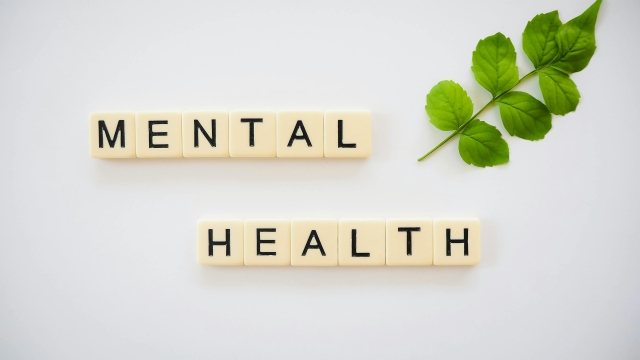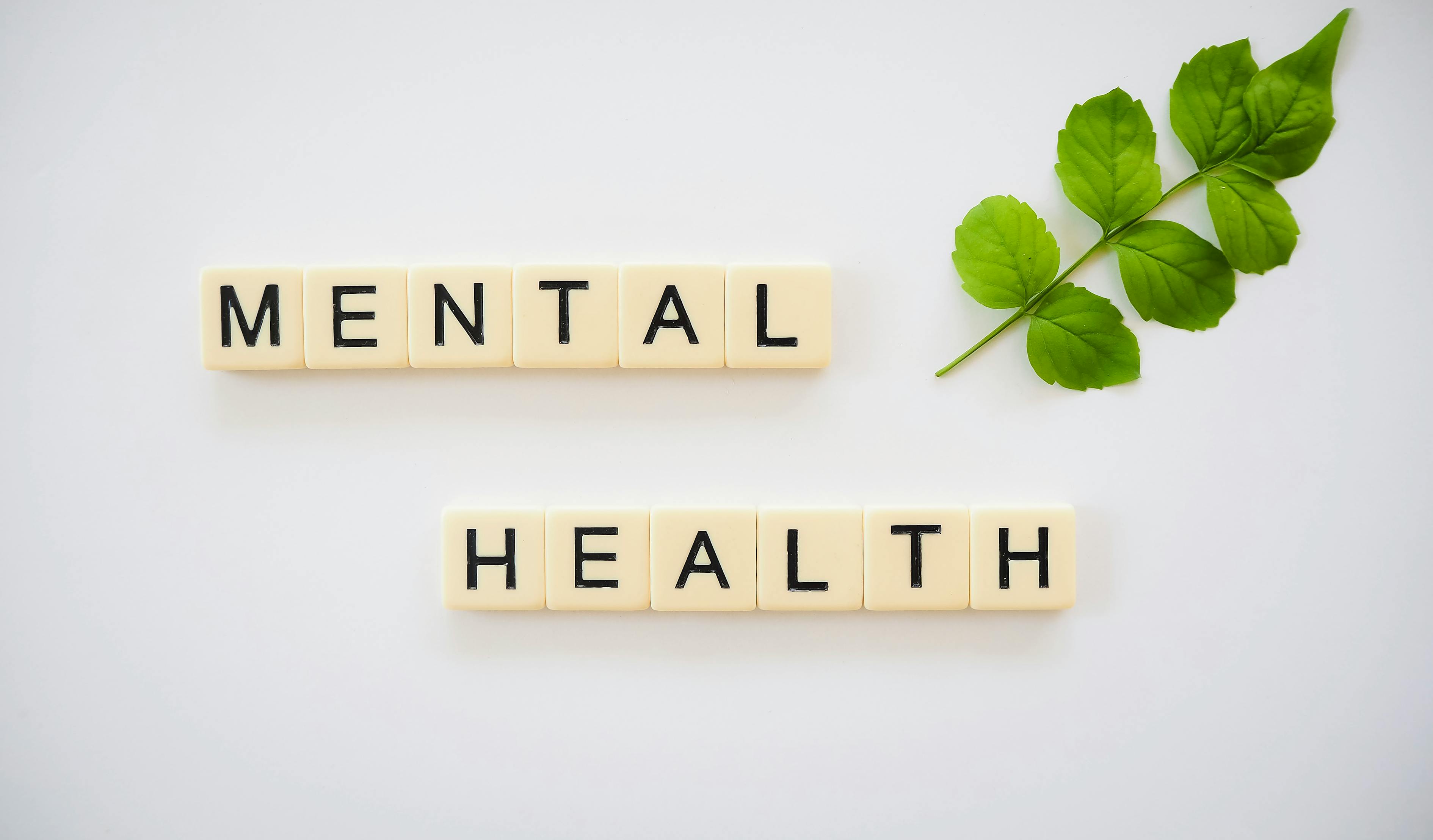
Mind Matters: Navigating the Maze of Mental Health

In today’s fast-paced world, it’s crucial to shine a light on an aspect of our well-being that often goes unnoticed – mental health. The state of our mental health can influence every facet of our lives, from our relationships to our work performance, and yet, it remains a topic that is often stigmatized or overlooked. It is essential that we open up the conversation around mental health, understanding that it is a fundamental part of our overall health and deserves as much attention and care as our physical well-being.
Navigating the maze of mental health can be a complex and challenging journey for many individuals. From anxiety and depression to stress and burnout, the range of mental health issues that people face today is vast and varied. It is vital to create a safe and supportive environment where individuals feel comfortable seeking help and support for their mental well-being. By fostering open communication, breaking down barriers, and promoting mental health awareness, we can work towards building a society that prioritizes and values mental health just as much as physical health.
Understanding Mental Health
Mental health encompasses the overall well-being of an individual’s psychological and emotional state. It involves how we think, feel, and act as we face life’s challenges. Good mental health empowers us to cope with stress, work efficiently, maintain healthy relationships, and make sound decisions.
It is crucial to understand that mental health is not a binary concept, but rather a spectrum. Just as physical health exists on a continuum from illness to wellness, mental health varies from thriving to struggling. Each person’s journey with mental health is unique, influenced by factors such as genetics, upbringing, environment, and life experiences.
Recognizing the importance of mental health is fundamental to destigmatizing discussions around it. Just as we prioritize physical well-being by going to the doctor for check-ups, we must also acknowledge the significance of seeking help for mental health concerns. Seeking support is a sign of strength, not weakness, and can lead to improved overall well-being.
Common Mental Health Disorders
Anxiety disorders are among the most prevalent mental health conditions, affecting millions of individuals worldwide. Symptoms can range from excessive worry and fear to physical manifestations such as rapid heartbeat and sweating. Generalized anxiety disorder, social anxiety disorder, and panic disorder are some common types of anxiety disorders that can significantly impact daily functioning.
Depression is a leading cause of disability globally, characterized by persistent feelings of sadness, hopelessness, and loss of interest in previously enjoyed activities. Major depressive disorder, postpartum depression, and seasonal affective disorder are variations of depression that can vary in severity and duration. Seeking professional help is crucial for managing symptoms and improving quality of life.
Eating disorders are complex mental health conditions that involve disturbances in eating behaviors and related thoughts and emotions. Anorexia nervosa, bulimia nervosa, and binge-eating disorder are common eating disorders that can have serious physical and psychological consequences if left untreated. A multidisciplinary approach involving medical, psychological, and nutritional support is often necessary for recovery.
Seeking Help and Support
When facing challenges with mental health, it is crucial to seek professional help. Licensed therapists and counselors are trained to provide guidance and support tailored to individual needs. Therapy sessions can offer a safe space to explore emotions, develop coping mechanisms, and work towards healing.
In addition to professional help, finding support from friends and family can be incredibly beneficial. Building a strong support network of people who understand and empathize with your struggles can provide comfort and encouragement during difficult times. Remember, you are not alone in your journey towards better mental health.
Therapy Trainings
Self-care practices are also essential in maintaining mental well-being. Engaging in activities that bring joy and relaxation, such as exercise, meditation, or creative hobbies, can help reduce stress and improve overall mental health. Prioritizing self-care allows individuals to recharge and build resilience to better navigate the challenges that come their way.

